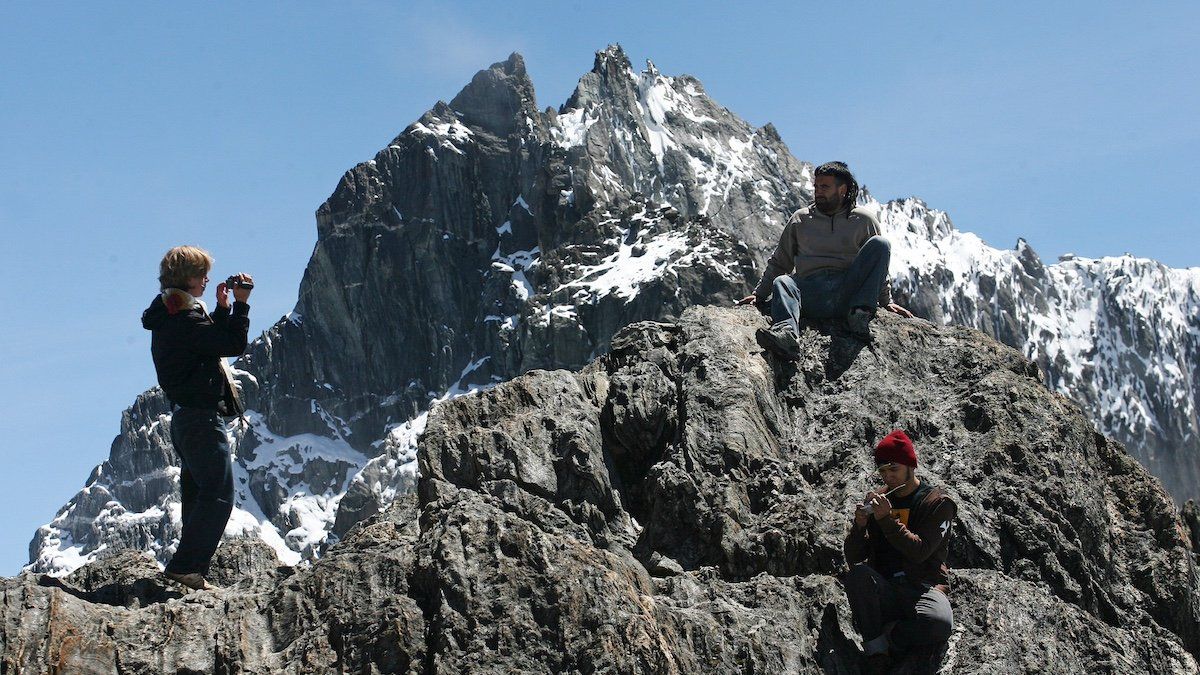6: It may surprise you that Venezuela, located just north of the equator, has glaciers. Well, it had glaciers. The country has just become the first in modern history to lose all of its Andean mountain glaciers, which once numbered six in total. Global warming has caused the last of them, the Humboldt Glacier, to shrink so much that it is now a mere “ice field.”
30: But here’s some good news on the global warming front: Renewable sources reached 30% of total global energy production in 2023. Hydropower is still the reigning renewable champ, accounting for about half of all clean energy – but solar and wind have expanded dramatically over the past decade.
1.2 billion: Thailand’s cannabis industry, projected to reach $1.2 billion by next year, just got smoked. The country’s government has decided to re-list the leaf as a narcotic. The move reverses a decision two years ago to decriminalize recreational pot use. Supporters of the re-listing say that decriminalization was hastily done with poor regulations and has exacerbated youth addiction. Opponents say it will crush small businesses and that it’s unfair so long as alcohol and cigarettes remain legal.
75: As deadly rains continue to swell rivers and cause catastrophic flooding, the Kenyan government is
now bulldozing homes in flood-prone areas and giving their owners the equivalent of $75 to move elsewhere. The government had given residents in high-risk zones a deadline to leave or face eviction. Security forces reportedly fired tear gas at some residents who tried to stop the bulldozers in the capital of Nairobi.
